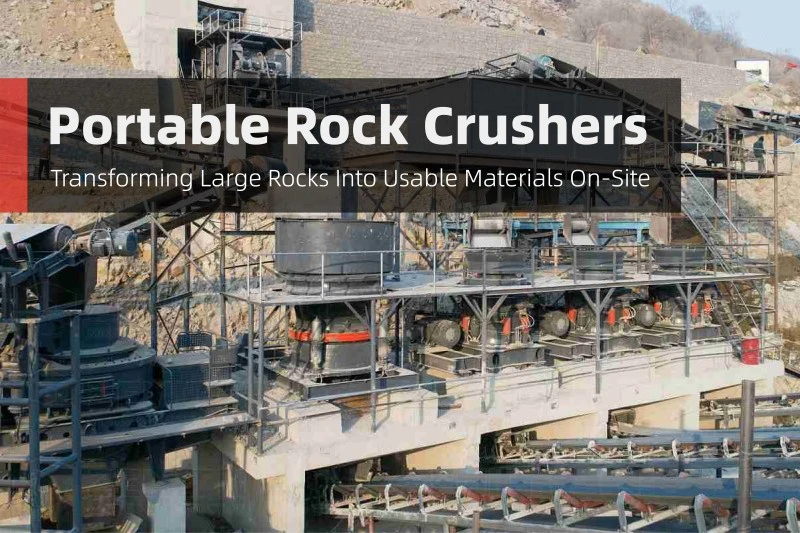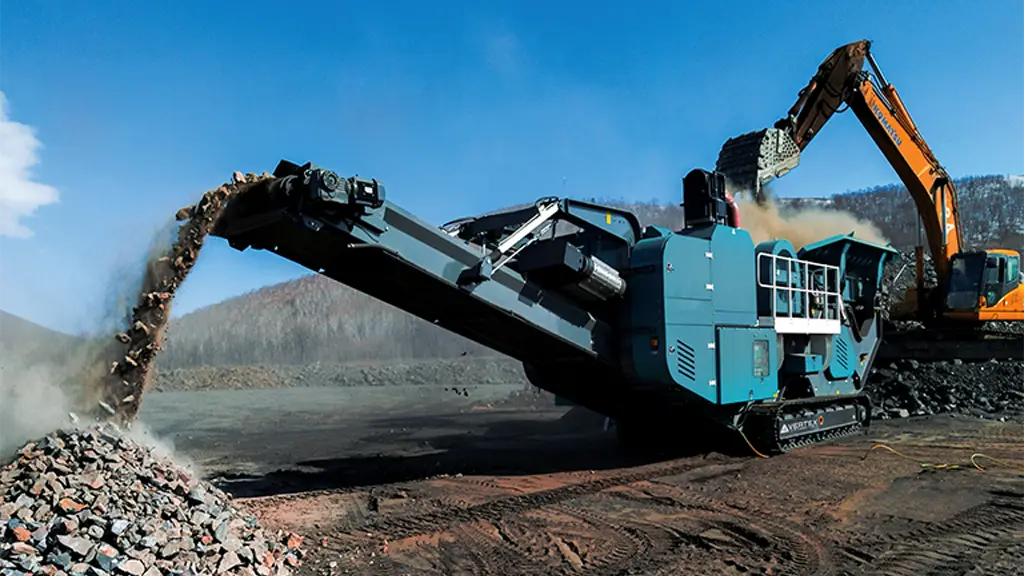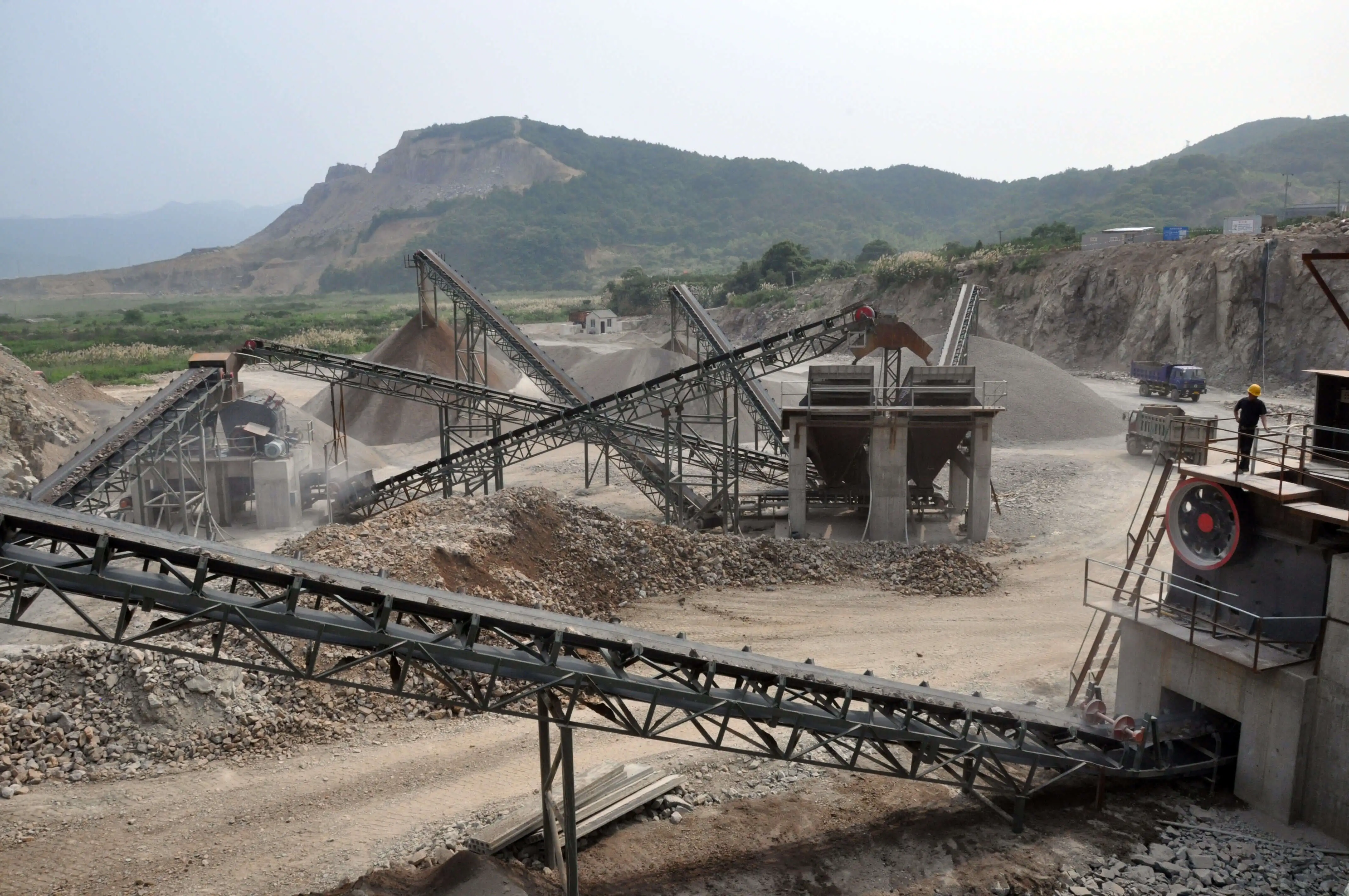
When it comes to the construction and mining industries, portable rock crushers are essential for breaking down large rocks and stones. These crushers are versatile, mobile, and can be used in various environments, from quarries to construction sites. In this article, we’ll explore the different types of portable rock crushers and their ideal applications, ensuring you make an informed choice for your specific needs.
There are several types of portable rock crushers, each designed to suit different crushing tasks and material types. Understanding the features and capabilities of each can help you select the best one for your project. Let’s dive into the details:
1. Jaw Crushers: Ideal for Primary Crushing
Portable Jaw Crushers are known for their robustness and ability to handle large, tough materials. They are often used in the primary stage of crushing to break down bigger rocks into smaller, manageable sizes. Their working principle involves a heavy-duty jaw that crushes the material between two plates.
Best For:

Advantages:
2. Cone Crushers: Perfect for Secondary and Tertiary Crushing
Portable Cone Crushers are designed for secondary or tertiary crushing. These crushers use a rotating cone inside a concave bowl to crush the material. They are ideal for processing harder materials after initial crushing and can create a finer product size.
Best For:
Advantages:
3. Impact Crushers: Effective for Mid-Hardness Rocks
Portable Impact Crushers utilize impact force to crush material, which means they are perfect for softer rocks and materials. The rotor-driven impactors generate high-speed collisions, breaking down the rock into smaller particles.
Best For:
Advantages:
4. Hammer Crushers: Great for Soft and Medium-Hard Materials
Portable Hammer Crushers are best for crushing soft materials like coal, gypsum, and limestone. These crushers work by striking materials with rotating hammers, which break them down into smaller sizes.
Best For:
Advantages:
5. Mobile Crushing and Screening Plants: All-in-One Solution
For some applications, you may need a mobile crushing and screening plant, which integrates crushing and screening processes into one machine. These plants can move to various sites and handle both crushing and sorting simultaneously, which reduces transport costs and increases efficiency.
Best For:
Advantages:
The key to maximizing efficiency in rock crushing is selecting the right portable crusher for your needs. When making this decision, consider the following factors:

1. Material Type
Different crushers excel at processing different material types. For example, jaw crushers are great for larger, harder rocks, while impact crushers are better suited for softer, more brittle materials. Understanding the characteristics of your material will help guide your choice.
2. Required Output
The desired size of the final product should influence your choice of crusher. If you need a finer product, a cone or impact crusher might be ideal. However, if you’re processing coarse materials for further refining, a jaw crusher might be a better fit.
3. Project Location and Mobility
If your project requires moving the crusher between multiple locations, consider the portability of the machine. Crushers like the mobile crushing and screening plant offer excellent flexibility and reduced transportation costs.
4. Production Capacity and Efficiency
Consider the production volume you need and choose a machine that can handle the expected workload. Larger-scale operations often benefit from cone crushers or mobile plants that offer high capacity and efficiency.
5. Budget and Cost of Operation
While portable rock crushers come in a range of prices, it’s important to consider the overall cost of operation. Some crushers may have lower upfront costs but higher maintenance and energy consumption. Be sure to evaluate the total cost of ownership to ensure your investment is worthwhile.
Portable rock crushers are invaluable in various industries, offering flexibility, efficiency, and cost savings. Here are some typical applications:
1. Mining and Quarrying
Portable crushers are extensively used in mining and quarrying for extracting and processing ores, stone, and aggregates. The mobility of these machines allows operators to crush materials on-site, saving time and transportation costs.
2. Construction and Demolition
In construction, portable rock crushers are used to break down old concrete, asphalt, and building materials, enabling recycling and reuse of materials. This makes them a crucial tool for green construction practices.
3. Road Construction
For road projects, portable crushers can provide on-site crushing of rocks, ensuring that the raw materials required for road base, sub-base, and asphalt production are readily available.
4. Waste Recycling
Impact crushers and mobile plants are often used in the recycling of construction debris, transforming old materials into reusable aggregates, which can help reduce environmental impact.
In conclusion, portable rock crushers are indispensable tools in industries such as mining, construction, and recycling. With various types available—each offering unique advantages—choosing the right one depends on factors like material type, required output, and operational efficiency. By understanding the strengths and applications of different crushers, you can make the best choice for your project, ensuring both cost-effectiveness and productivity.